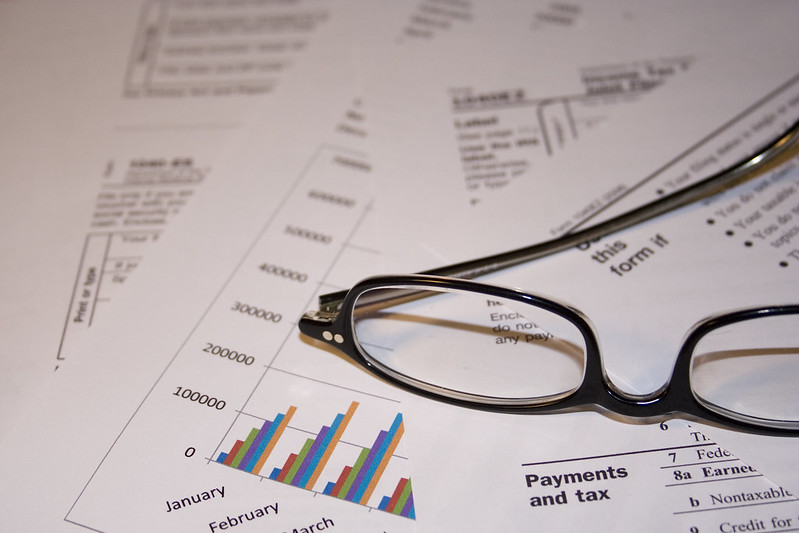
The money mistakes therapists in private practice make can have a broad impact. The miscue may trickle down into the success of the business, as well as threaten their own financial security.
When you run your own shop, you have perks available to you that most employees or those that work for others don’t have. This might include a flexible work schedule, or the ability to save more for retirement. It also allows you to write-off expenses on taxes.
This ability, which you should take advantage of, can also be taken too far. Often it creates a sense of empowerment by the self-employed, whether you own your own group practice, treat clients on your own or work in a contracting role. It’s also often why a private practice owner can fall into debt.
When you find that you’re struggling to stay out of debt, despite decent revenues from your company, then it’s in the business spending where you should look first. That’s because it’s not uncommon for a solo owner to treat business expenses like their very own expense account.
How business expenses work
When you ‘write off’ your business expenses during the year, you need to understand what exactly that means.
Say you expense a $200 meal. You say, ‘that’s fine, I’ll just write it off.’
When you include that cost in your expenses, you do not receive a tax rebate – or a full refund – for the meal. Instead, you receive a deduction. This essentially means you’re not taxed on the meal, assuming you can utilize the deduction on your tax form.
Instead of a rebate, you essentially receive a discount on the meal. It’s like going into a restaurant with a 24% off coupon (or whatever your top marginal tax rate is).
You’re, in essence, not paying for $48 of the meal. But you’re still paying $152, using this example.
Why private practice owners fall into debt
It’s easy for those who are self-employed to use this tax tool to justify spending. Then, the spending doesn’t show up on their own personal financial balance sheet. It essentially hides in the business.
But for a practice owner, you need to know what’s eating into profits, resulting in less ability to pay yourself. Without the ability to access free cash flow, you’re likely leaning on credit cards and loans to cover expenses. Without paying down those loans, it can drive up what you owe. Yet, you may not feel the immediate impact if you’re still treating yourself to business spending.
It’s possible to go too far in encouraging spending that you don’t really need.
Understand your business expenses
It’s important to treat your business expenses like you would your own personal expenses.
When spending comes along that is important for your business’s growth, then absolutely invest in those opportunities (within reason).
If, instead, the spending is solely for you or your family’s enjoyment, then ensure you keep it within your budget for such expenses.
While we all want expense accounts, as the business owner, you’re the one ultimately footing the bill. Allot the amount that you can afford each month in expenses, and then leave any extra spending to another time.


